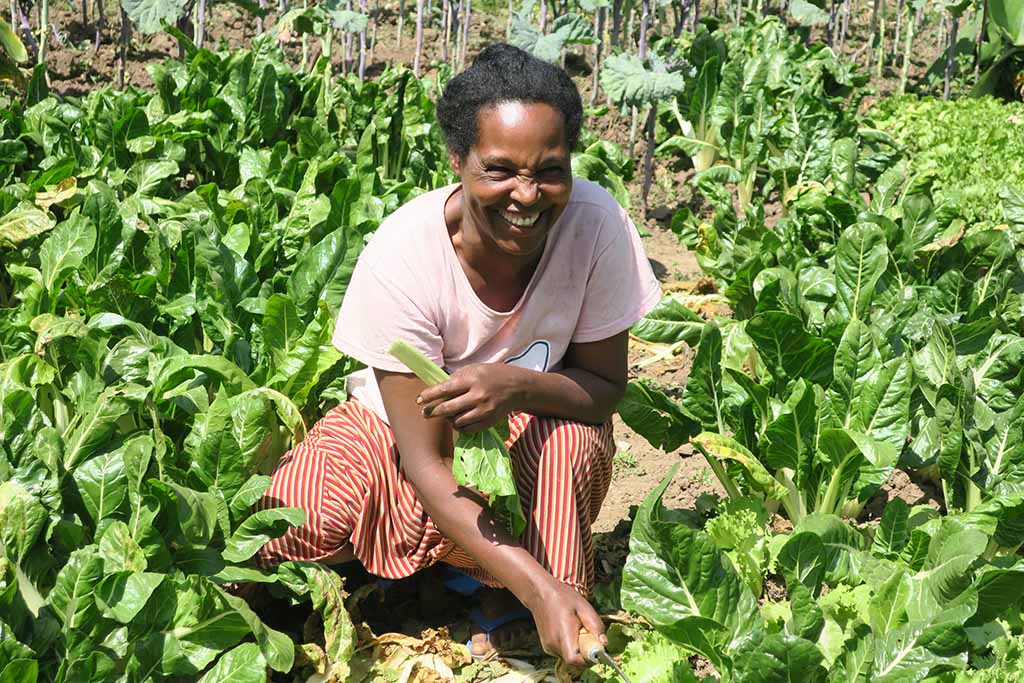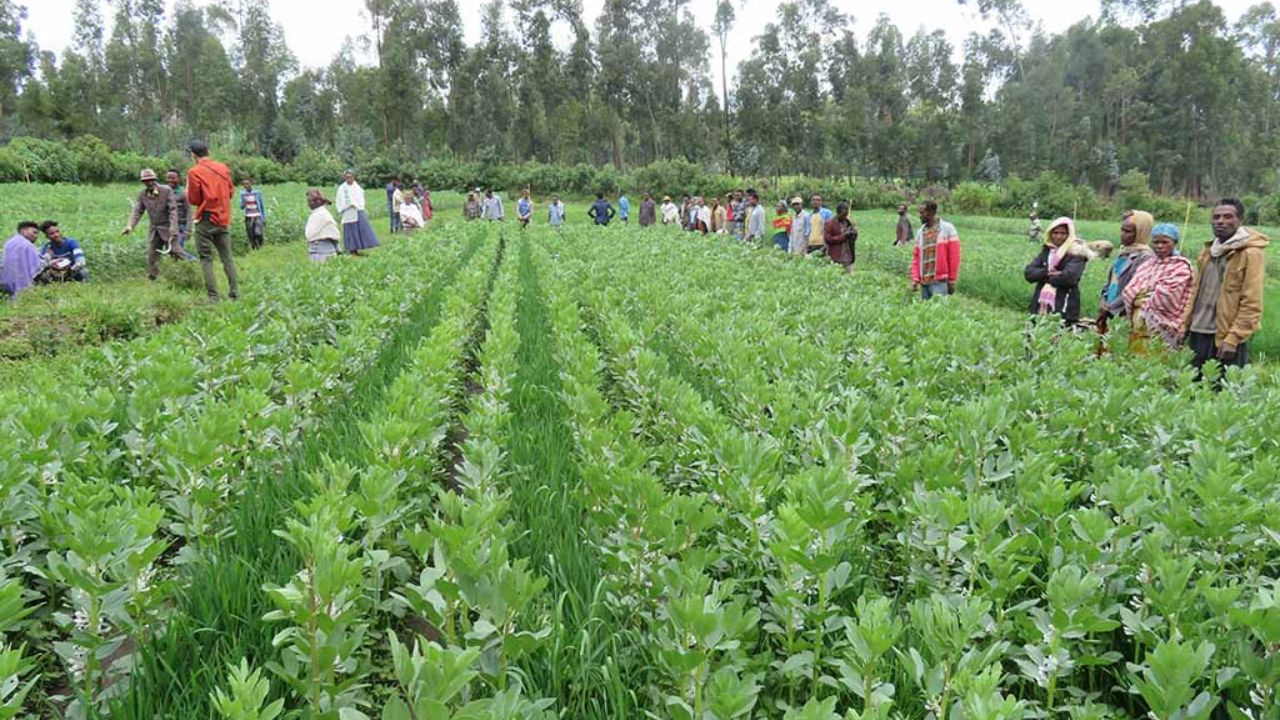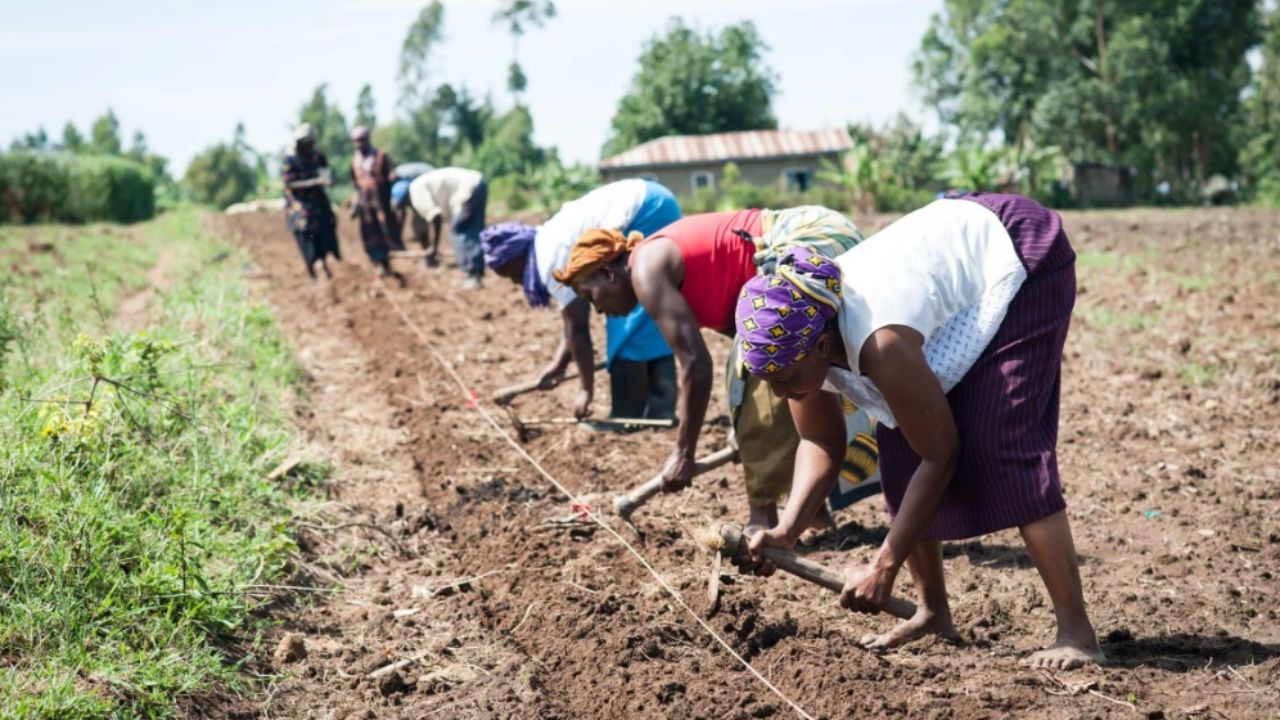Agricultural Assistance in Africa. Working hand-in-hand with smallholder farmers
Africa’s economic transformation through the lens of agriculture, should be a top priority that must take precedence over all other policy considerations at the continental level. At the heart of Africa’s agriculture are the smallholder farmers. These are millions of hardworking men and women typically farming on less than a hectare of land. They grow staple crops which we use in the manufacturing of our products on this website, such as the hair remover cream, shea butter, black soap, serums and fashion made out of cotton. Consequently, Africa’s full agricultural potential remains untapped. As a dynamic, forward looking Africa marches alongside the rest of the world in the Decade of Action to deliver the Sustainable Development Goals (SDGs), agriculture remains a key lever to propel African economies into a prosperous future. Growth generated by agriculture in sub-Saharan Africa is estimated to be 11 times more effective in reducing poverty than GDP growth in other sectors. The world over, major economies have used agriculture to push their economies forward. And history has shown us that no society makes the transition to a modern economy without first modernizing its agriculture.
Challenges for sustainable food production in Africa
Agriculture accounts for more than 20% of GDP in as many as 30 African countries. Roughly 60-70% of Africa’s population lives in rural areas, and many of these people are smallholder farmers. Africa’s population is expected to reach 2.4 billion (double the current level) by 2050. By then, demand for grain in Africa is expected to increase threefold. At the same time, agricultural productivity has been declining in recent years from the effects of climate change and soil degradation. Population growth and urbanization have constrained further expansion of arable land. The spread of COVID-19, moreover, has made food insecurity more serious in most parts of Africa. The sustainable production of safe and nutritious food for the more than 1.2 billion Africans, especially those in rural areas who are responsible for local food production, is an urgent task.

<Areas of strategic focus>
1. Sustainable, resilient, and regenerative agriculture
enyi aims to work with local farmers to improve agricultural productivity further and reduce post-harvest losses, and also to mainstream practices that preserve and even regenerate the environment. Environmental impact will be reduced through environmental preservation practices. Regeneration of the environment will involve efforts to increase soil fertility by increasing organic matter in the soil over the long term and stimulating microbial activity.
[Focal points]
> Promotion of resilient and sustainable intensification of farming
> Mainstreaming of regenerative agriculture through Conservation Agriculture (CA) and Integrated Soil Fertility Management (ISFM)
> Promotion of businesses for farmers including a weaning-period nutritional supplement business
2. Market-oriented agriculture to develop our ingredients from the farmers as a business enterprise
Fostering a mindset in farmers of producing crops for sale rather than for personal consumption can lead to increased income and a more solid livelihood foundation. enyi plans to provide training for farmers’ groups and cooperatives in areas including organizational management, business development, and marketing, and also assists farmers in building networks with suppliers of fertilizers and seeds, agricultural product brokers, and financial institutions.
[Focal points]
> Strengthening business capacity of smallholder farmers and fostering entrepreneurship in agribusiness.
> Effective operation of the SHEP (Smallholder Horticultural Empowerment and Promotion) and agricultural cooperative approaches.
<Cross-cutting issues>
In addition to the areas of strategic focus, enyi’s activities also emphasize the following cross-segment issues.
1. Capacity Building
> Education and training of extension agents at agricultural universities.
2. Inclusion of women, youth, and persons with disabilities
> Strengthening capacity of women, youth, and persons with disabilities in agribusiness.
> Promoting gender equality.
Several to support local farmers;
> Buy from retailers who support local: enyi ensures transparency by supporting the local farms we source from. All our products are sourced and manufactured under fair conditions to support the farmers. Do your research. Rather than randomly stopping at any shops on the way home, make a conscious choice about where you invest by choosing a retailer who supports local farmers.
> Read your labels.
> Buy straight from African producers.
> Spread the word & educate: We all have a sphere of influence and can start a movement. We started a movement to decolonize your products and support more of African Made products. Make a stand and shout about it. Buy African and keep OUR grass greener!
Not only is enyi throwing ourselves behind the local farmers industry, we are also making sure it is done with a keen focus on sustainability – the cartons we use to package our products is made from recyclable materials.
And, whilst promoting us and ensuring sustainability, we never let go of our number one priority; quality!
Click to shop the hair remover product made from local herbs and roots








